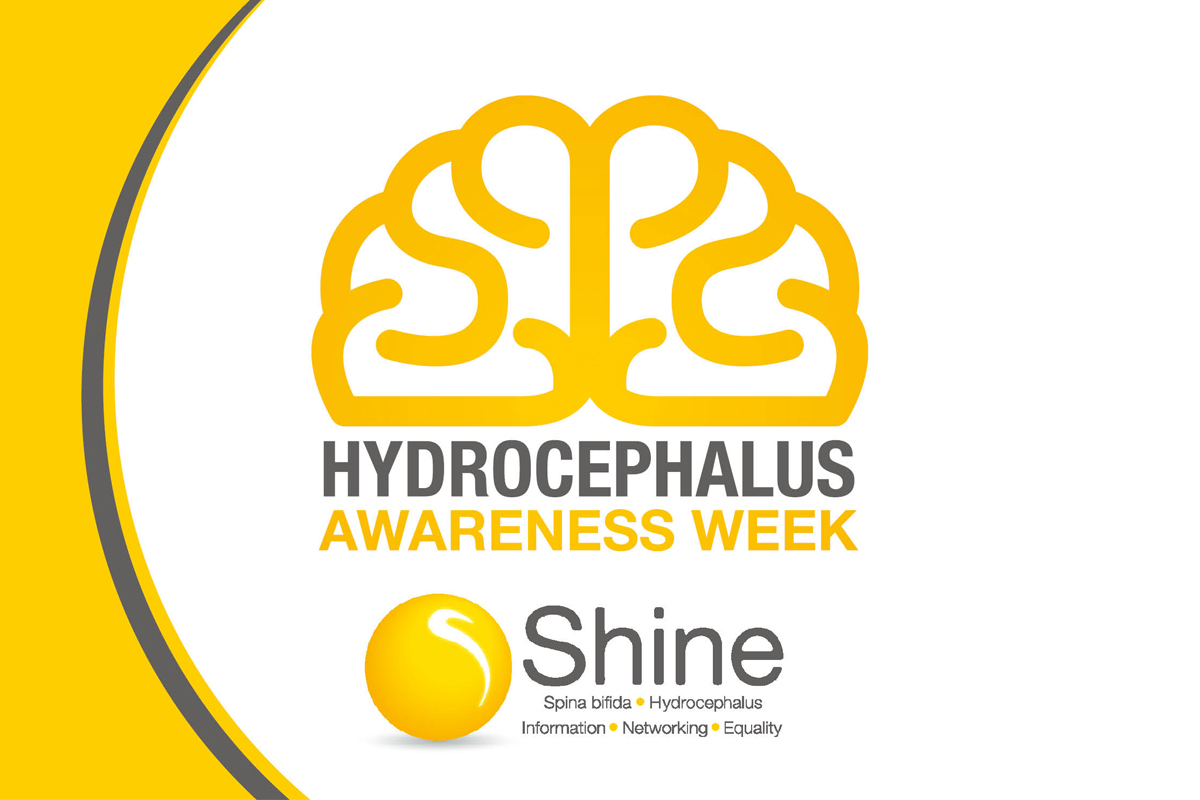Hydrocephalus Awareness Week, 8-14th March 2021
UK charity Shine supports people living with hydrocephalus and spina bifida and those caring for them. Shine’s aim is to make a positive difference to the lives of people affected by these conditions, enabling and empowering their members to lead the lives they want to live.

To increase awareness about the condition and to raise funds to support its services, the charity marks one week every year as Hydrocephalus Awareness Week.
Most charities reliant on donations have suffered during lockdown, not being able to raise funds face-to-face with the public.
Fieldfisher's clinical negligence solicitors continue to support clients living with hydrocephalus by pursuing claims for negligence where appropriate. Fieldfisher was appointed as a member of Shine's Legal Service in 2020.
Hydrocephalus, or 'water on the brain' is a condition where there is an excess of cerebrospinal fluid (CSF) in the brain, compressing the surrounding tissue and causing increased pressure inside of the skull.
It can be congenital or acquired with various causes, many impossible to predict or prevent. Occasionally, the condition is a result of negligent treatment. Whatever the cause, the impact is the same, increased pressure leading to damage to the brain, particularly if left untreated.
Symptoms depend on the severity of the condition, but typically include headaches, blurred vision, altered mental state and reduced mobility. The condition is a medical emergency and should be diagnosed via an appropriate scan and treated as a priority. Treatment of the condition involves inserting a shunt into the brain to drain away the excess CSF.
Claims arise for a number of reasons including a delay in recognising and treating the condition, negligent shunt surgery or delays in recognising a blocked shunt that needs replacing.
Pursing a claim following negligent treatment of spina bifida or hydrocephalus generally recognises the need for substantial and ongoing care, assistive technology, adaptations to accommodation and other expenses to enable someone to live their best possible life.
For further advice or to discuss a possible claim, please contact partner Mark Bowman.
